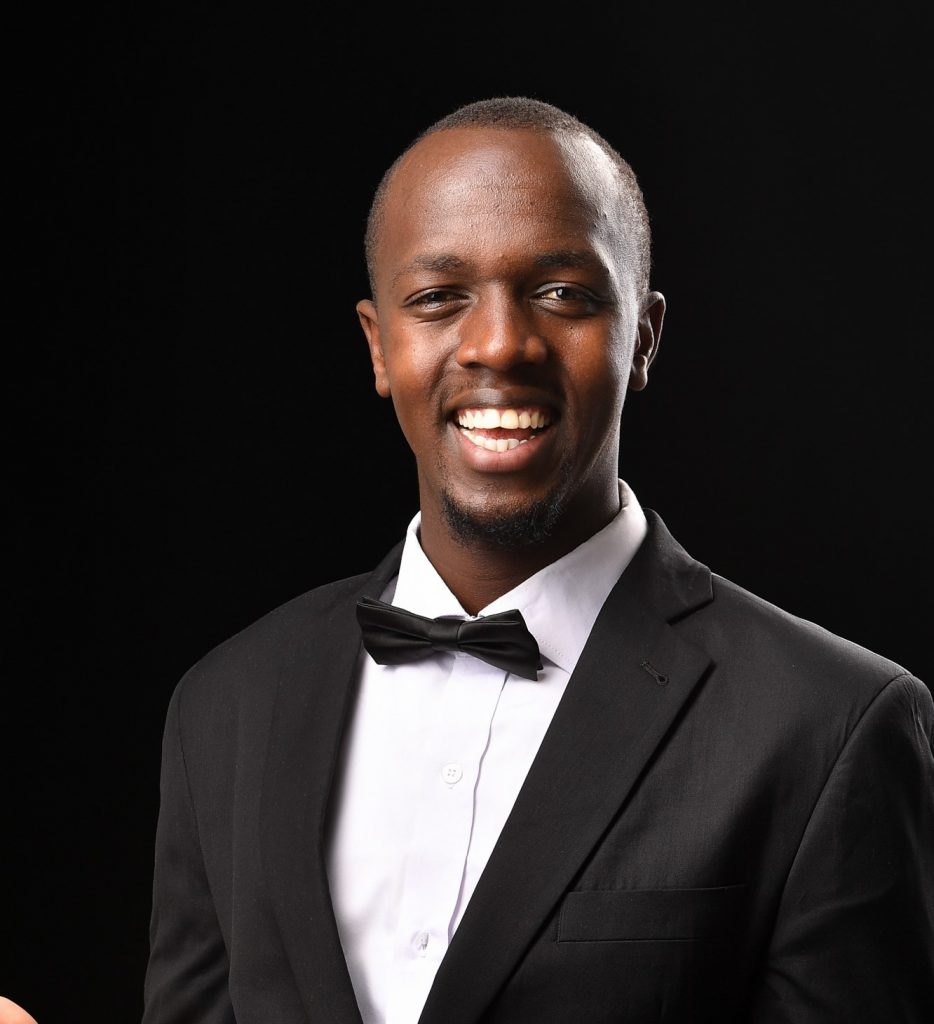Here is a fun task. Go on YouTube and search for a 2000s RnB mix (or any music genre you fancy). In fact, pick a time period prior to the 2000s. Listen to the music. You might enjoy it and be tempted to think that they made such good music in the good old days. However, if you play a second mix, a third and a fourth of the same genre and time period, you will realise the mixes have the same songs. This shows that it is not that they made such good music then, but that only the good music survived to date and the bad music withered away. This is a classic case of survivorship bias.

Survivorship bias describes the tendency for people to focus on the things that have survived, and ignore the things that have not survived.
‘Success leaves clues.’ This is a popular quote from world-renowned motivational speaker, Tony Robbins. The quote encapsulates the wisdom that by studying successful people you can learn lessons that if implemented, would also make you successful.
While this advice makes sense, it is not nuanced enough. Success is multifaceted, influenced by other factors often independent of your individual input such as your environment, personality, connections, access to opportunity and luck. However, that is not to water down the significance of your effort.
However, by following that advice, you expose yourself to survivorship bias. Because of this bias, you only hear the stories of successful people.
Rightly so because, you want to look up. You want to believe that within you lies the possibility of achieving great success. So, it makes sense to look up to these success stories to give you insights on how to get ahead. But along the success journey, you may encounter some obstacles because you do not have the perspective or insight you need to avoid.
This is the danger of only taking advice from successful people. You become overly focused on the wins, you fail to account for the obstacles. When you weigh two pieces of advice, one that helps you increase your income by 10 per cent and another that would help you avoid getting fired, the latter should weigh more.
However, it’s common to disregard it because, as soon as you get employed your focus shifts to, how do I get promoted? How do I increase my income by 10 per cent? You forget that you can easily fall down the ladder and have to start from zero again. Failing to listen to the “how not to get fired advice” can be detrimental.
Survivorship bias paints the image that success is more probable than failure, while evidence shows the exact opposite. You are tempted to think of yourself as unique, an exception to the rule. How wrong can you be?
During World War II, America had just introduced the aircraft bombers. However, they were getting shot down, which was a significant dent in the military power. Therefore, a solution had to be sought.
They engaged a statistician – Abraham Wald. Wald started by collecting data from the planes that returned. He collected his data by mapping the bullet holes found on the planes. Soon, a pattern emerged – most of the bullet holes were on the wings and the back of the plane. When he presented his findings, the generals thought that they needed to armour-clad the wings and the back of the plane.
However, Wald pointed out that they should have armour clad where the plane did not have a lot of bullet holes. According to the data, the planes that got hit in places such as the engine and the front never made it back. The generals had made a decision on the available data, never factoring in the missing data. Similar to what you do with advice, you infer the available data and assume the missing data.
How then can you avoid the blind spot of survivorship bias? What do you do with advice?
This question came to me when I was watching an Engage Talk by Dr King’ori – the host of the weekly NTV show, The Wicked Edition. In his talk, Dr King’ori shared how he sought a breakthrough in comedy. The theme of his talk was, “Postpone giving up one more time.” Amazing advice.
However, I could not shake a contrarian thought. How many comedians have come to the city, gave it their all and never got a breakthrough? They postponed until they had to cave. Furthermore, according to Dr King’ori’s story, his breakthrough came in the nick of time. Maybe if it never came that day, he would not have postponed giving up once more.
I am not disputing the advice and insight that Dr King’ori was offering. It has inspired me actually.
But, when successful people give advice, they do it in hindsight. They look back, connect the dots backwards and create a narrative. That narrative is what they share. However, when they were in the moment of breakthrough, they never thought, ‘This is it’. They only wished it would be. And for those who were successful, that was the moment. For those who failed, it wasn’t.
Nevertheless, if you were to put Dr King’ori’s advice into practice, learning from failures is more valuable than learning from successes. Learning from the failures, allows you to avoid destruction, giving you the opportunity to postpone longer. Hence, you need to neutralise your data set to eliminate the survivorship bias.
Advice from those who have failed is useful in that it tells you how to avoid deadly obstacles. For instance, a recovering alcoholic and an alcoholic who has not been able to quit would advise you never to touch alcohol. However, the survivor’s advice skews your view, you perceive alcohol as something that can be survived. Whereas the alcoholic paints the picture of, if it grips you, that’s it for you.
Success leaves clues, but failure leaves causalities.
Many successful people are survivors and statistically, they represent a fraction of the multitudes who tried. The biggest number of people failed. Success advice from the prominent is plenty and accessible. However, you have to actively find advice from the people who have failed. Because that which the successful overcame you can overcome, but if that which caused the failures gets you, you might not get to postpone giving up. That’s it for you.
Within you lies the potential to succeed and to fail. Therefore, when you go about finding success advice – finding the clues – learn from the casualties too.
Learn from people who have been fired, learn from people who have not been able to quit drugs, learn from people whose relationships have failed, learn from the homeless, learn from those who never made it out of your village, learn from everyone.
With a balanced data set, you can properly infer what success is, and what to do. But most importantly, what not to do.





